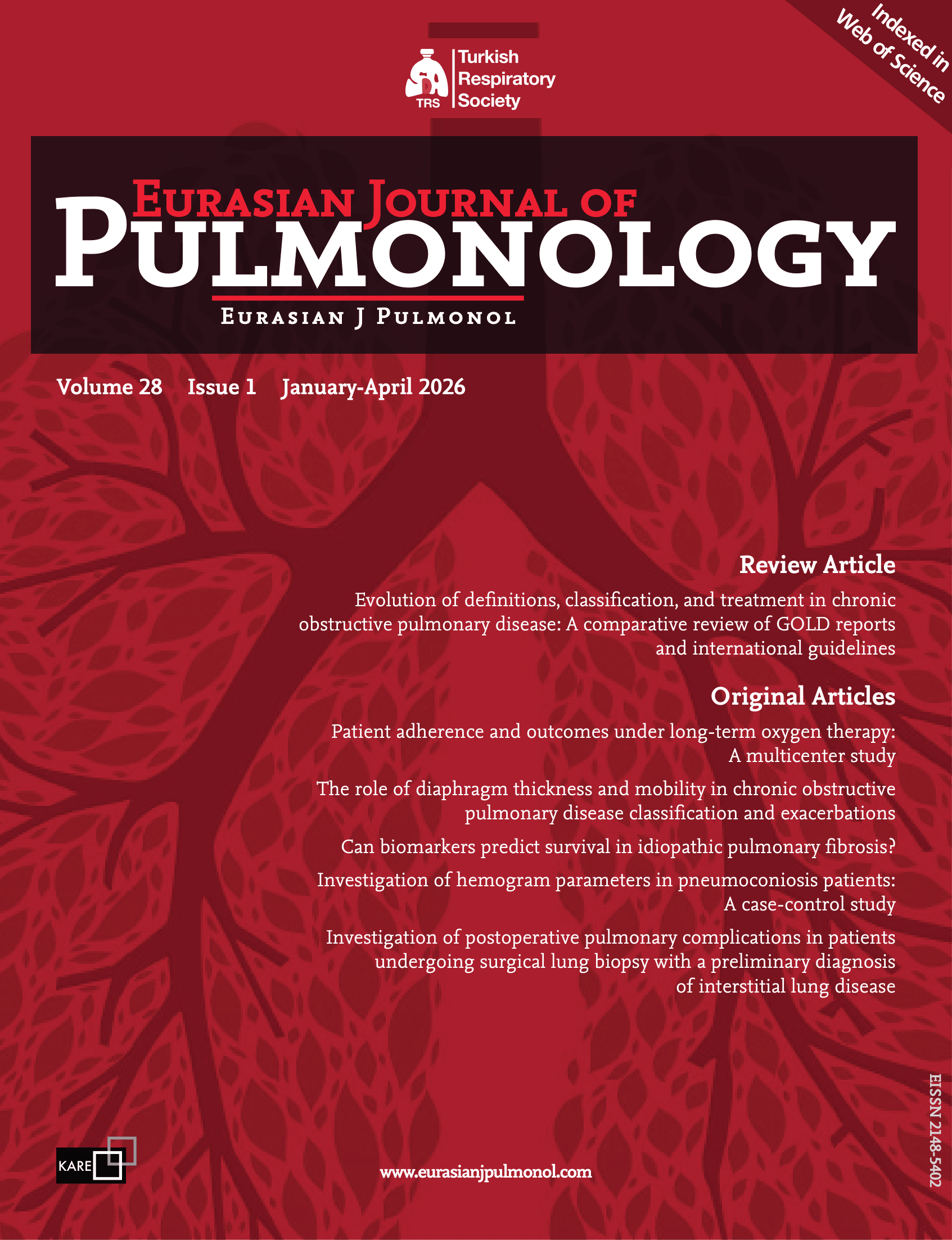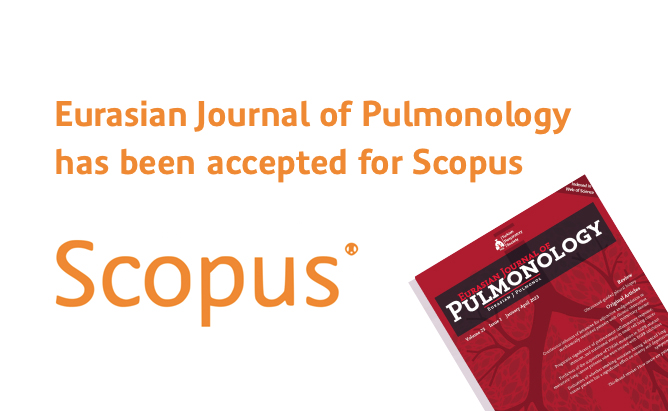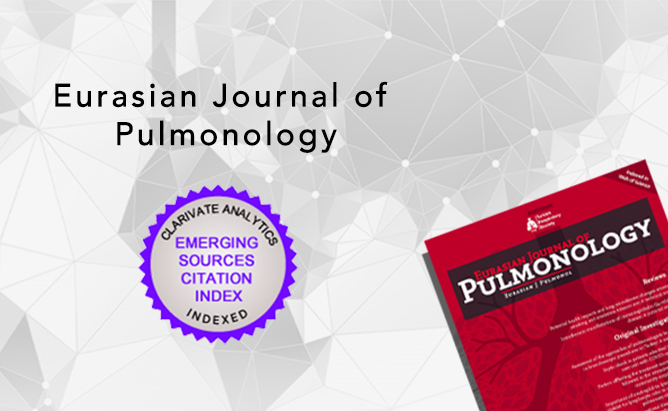2Department of Thoracic Surgery, Bakirköy Dr. Sadi Konuk Education and Research Hospital, İstanbul, Turkey
Abstract
Despite subsequent improvements at the last eighty years, thoracic surgery is still ranked at top spots by means of mortality and morbidity on the occasion of dealing with high risk patients mostly. This fact legitimates the stress and anxiety of anesthesiologists employed in high-volume thoracic surgery centers. To evaluate the level of satisfaction and determine major concerns, a survey was formed and sent to 30 anesthesiologists working at four major centers dedicated to respiratory diseases. 19 Replies were received and the collected data was shared. Degree of expertise and how it had been gained, quantity of night shifts, measures of personal relationships, availability of certain diagnostic and therapeutic tools, contribution to research activities and eventually level of satisfaction at all was questioned and ratings were noted. The level of acceptable satisfaction was determined to be 68.4%. Major concerns were seemed to be excess of night shifts; inability to use certain modalities like ecmo, ila, picco, ultrasound and video laryngoscopy; inadequate participation at research acts, and unfavorable inter-disciplinary relationships. Participants specified basic potential improvements to overcome these adversities as taking place in scientific activities and publishing process more frequently(38.8%) And regulating personal relationships (36.8%). Concisely, by taking concrete steps for solving these issues, a favorable work environment can be consituted. It is mandatory to emphasize that reciprocal acts of both anesthesists and respiratory disease specialists will certainly help promoting not only the institutions but also the quality of health service.









